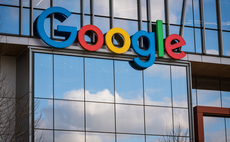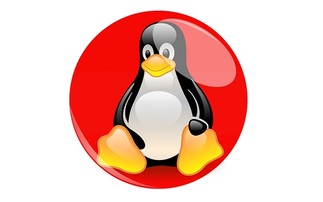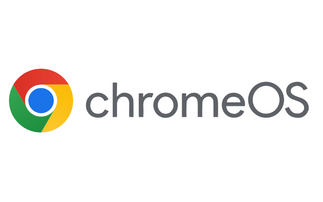What Redmond's milestone launch means for the company's future as we enter a 'new era' of computing
So the day is finally here - Windows 8 has hit the market. After years of talk and a slow trickle of information that became a torrent of updates and insights, Microsoft has pushed its Windows 8...
To continue reading this article...
Join Computing
- Unlimited access to real-time news, analysis and opinion from the technology industry
- Receive important and breaking news in our daily newsletter
- Be the first to hear about our events and awards programmes
- Join live member only interviews with IT leaders at the ‘IT Lounge’; your chance to ask your burning tech questions and have them answered
- Access to the Computing Delta hub providing market intelligence and research
- Receive our members-only newsletter with exclusive opinion pieces from senior IT Leaders



















